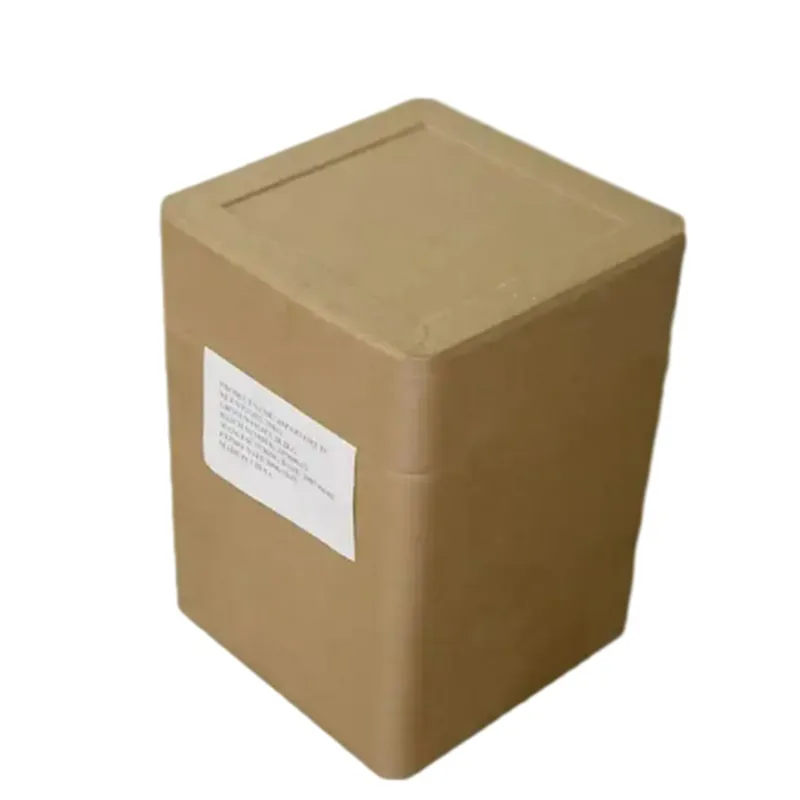
sodium benzoate and potassium sorbate
Sodium Benzoate and Potassium Sorbate Preservatives in Focus
In the world of food preservation, sodium benzoate and potassium sorbate have emerged as two prominent players. These compounds are widely used in the food and beverage industry to enhance shelf life and maintain product quality. Understanding their properties, applications, and safety can provide valuable insights into their roles in modern food preservation.
What Are Sodium Benzoate and Potassium Sorbate?
Sodium benzoate is the sodium salt of benzoic acid, and its chemical formula is C7H5NaO2. It is commonly recognized by its E number, E211. Sodium benzoate is most effective in acidic conditions, typically at a pH of 7 or below, which is why it is often used in acidic foods like pickles, sodas, and fruit juices.
Potassium sorbate, on the other hand, is the potassium salt of sorbic acid, with the chemical formula C6H7KO2. Its E number is E202. It has a broader effectiveness range and is effective in preventing the growth of molds, yeasts, and some bacteria. This makes it a popular choice for preserving a wide variety of products, including cheeses, wines, and baked goods.
Mechanism of Action
Both sodium benzoate and potassium sorbate function by disrupting the metabolism of microorganisms. They inhibit the growth of spoilage organisms and pathogens by interfering with specific cellular processes. Sodium benzoate penetrates the cell membrane of bacteria and fungi, leading to the accumulation of benzoic acid within their cells, which disrupts their metabolic activities. Likewise, potassium sorbate inhibits the synthesis of certain enzymes necessary for yeast and mold growth, thereby enhancing the safety and longevity of food products.
Applications
sodium benzoate and potassium sorbate

The applications of sodium benzoate and potassium sorbate are strikingly diverse. Sodium benzoate is most commonly found in acidic food items such as pickled vegetables, soft drinks, and jams. Its ability to prolong shelf life makes it invaluable in preventing spoilage and maintaining flavor integrity.
Potassium sorbate, being more versatile, is utilized in various food products, including dairy items, baked goods, and even some cosmetics. Its use in winemaking helps prevent spoilage by inhibiting unwanted fermentation, allowing winemakers to control the final product's flavor and aroma.
Safety and Regulatory Status
The safety of food preservatives like sodium benzoate and potassium sorbate has been extensively studied by regulatory agencies worldwide. Both compounds are generally regarded as safe (GRAS) when used within prescribed limits. For instance, the U.S. Food and Drug Administration (FDA) allows sodium benzoate in concentrations up to 0.1% in food products. Similarly, potassium sorbate is approved for use in foods with specific concentration regulations depending on the type of food.
Despite their safety profiles, there have been concerns about potential adverse effects. Some studies have suggested a link between sodium benzoate and hyperactivity in children, especially in conjunction with artificial colors. However, these findings have not led to conclusive support for banning the substance, as the evidence remains inconclusive. On the other hand, potassium sorbate has a more favorable safety profile, with limited reports of allergic reactions.
Conclusion
Sodium benzoate and potassium sorbate play essential roles in extending the shelf life of various food products and ensuring food safety. Their effectiveness in inhibiting microbial growth underlies their widespread use in the food industry. While both preservatives are generally considered safe when used appropriately, ongoing research and public scrutiny continue to shape the discourse around their use. As consumers become more health-conscious, understanding these additives’ functions and safety profiles will be crucial in making informed dietary choices.
-
Comprehensive Guide to Acetic Acid as Preservative: Benefits, Uses & Future TrendsNewsNov.24,2025
-
What Is a Food Additive? Global Insights, Applications & Future TrendsNewsNov.24,2025
-
968 Sweetener: The Modern Solution for Health-Conscious SweeteningNewsNov.23,2025
-
Discover the Benefits and Uses of 965 Sweetener (Erythritol) | Tenger ChemicalNewsNov.23,2025
-
961 Sweetener - A Next-Gen Sugar Alternative for Health and IndustryNewsNov.23,2025
-
Understanding 960 Sweetener: The Modern Sugar Alternative for Health and IndustryNewsNov.22,2025
-
Everything You Need to Know About 955 950 Sweeteners – Benefits, Uses, and TrendsNewsNov.22,2025
Hebei Tenger Chemical Technology Co., Ltd. focuses on the chemical industry and is committed to the export service of chemical raw materials.
-

view more DiethanolisopropanolamineIn the ever-growing field of chemical solutions, diethanolisopropanolamine (DEIPA) stands out as a versatile and important compound. Due to its unique chemical structure and properties, DEIPA is of interest to various industries including construction, personal care, and agriculture. -

view more TriisopropanolamineTriisopropanolamine (TIPA) alkanol amine substance, is a kind of alcohol amine compound with amino and alcohol hydroxyl, and because of its molecules contains both amino and hydroxyl. -

view more Tetramethyl Thiuram DisulfideTetramethyl thiuram disulfide, also known as TMTD, is a white to light-yellow powder with a distinct sulfur-like odor. It is soluble in organic solvents such as benzene, acetone, and ethyl acetate, making it highly versatile for use in different formulations. TMTD is known for its excellent vulcanization acceleration properties, which makes it a key ingredient in the production of rubber products. Additionally, it acts as an effective fungicide and bactericide, making it valuable in agricultural applications. Its high purity and stability ensure consistent performance, making it a preferred choice for manufacturers across various industries.





